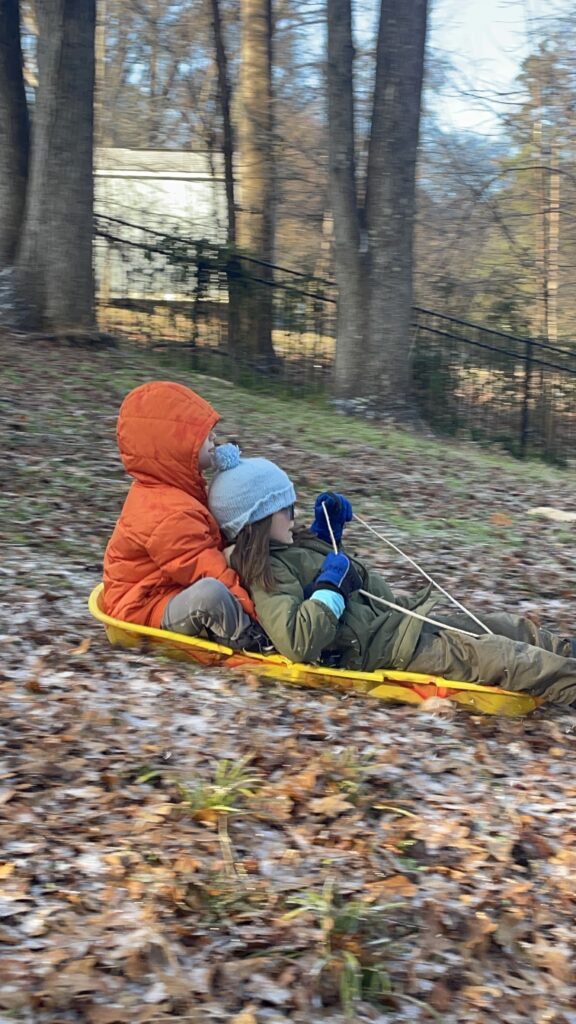By Ann Farabee
Not my marble
It was the most beautiful marble I had ever owned. I guess that was why I slipped it into the pocket of my dress that day and took it to school with me one day when in 2nd grade. Maybe I would get a chance to show that boy in my class that sat beside me that I had a prettier marble than anyone in the class. Yes, everyone brought marbles to school that year. it was a beautiful swirl of blue, green, and yellow. That boy I liked that sat beside of me would certainly be impressed.
Here is how it happened:
We were doing independent work. That means no talking and the teacher sits at her desk. It was a safe time to show that boy I liked my blue, yellow, and green swirly marble.
I pulled it out of my pocket and it rolled right out of there onto the floor and right over to a spot under his desk. It sure did make a loud noise on that wooden floor, but I made sure to act like I never even knew about it.
That teacher’s voice spoke, as she stood right at my desk, “Whose marble is that?”
I froze.
That mean boy beside me smiled and said, “Ann’s.”
Tattletale.
He reached down, picked it up, handed it to the teacher, and gave me a big smirk.
He was happy because I had never ever been in such big trouble.
The teacher said, “Ann, is that your marble?”
“No,” I said in a shaky voice.
She took it with her and I heard a big clank as she placed it in the drawer of her desk.
In the time that was left in our school day, my thoughts were, “I am in BIG trouble. What is she going to do to me? Will she tell my parents? Will I have to go to the office? Will I get a paddling? What will happen to me?”
Being in trouble was new to me, and I expected the worst.
After an excruciatingly long afternoon, the bell rang, and we all began to exit.
I tried to be invisible, but my teacher stopped me.
She reached into her pocket, pulled out that marble, and handed it back to me.
I had just been a recipient of grace.
What I had considered an unpardonable sin had been forgiven and I was restored.
Except for the memory
However, as I write this, I remember not only the grace, but I also remember my lie.
It was a lie that she knew was a lie.
I wonder if that lie made her no longer trust me? I hope not.
It was a marble. Marbles were not allowed at school.
But – she taught me one of life’s greatest lessons that day- it was grace.
Grace is often described as unmerited favor.
I did not deserve the grace she showed by privately giving me my marble back.
But – she gave it to me anyway.
A kid bringing a marble to school without permission – not a big deal, right?
But somehow, it is now not only one of my earliest memories, but it was also an early lesson learned in life as my teacher’s example of grace was poured into my life.
I wish I could tell her now how much that one experience in life taught me, so I believe I will try it this way, “Thank you, Mrs. Hagler, my 2nd grade teacher at Woodrow Wilson School, for not only teaching me the curriculum, but also for teaching me about grace.



